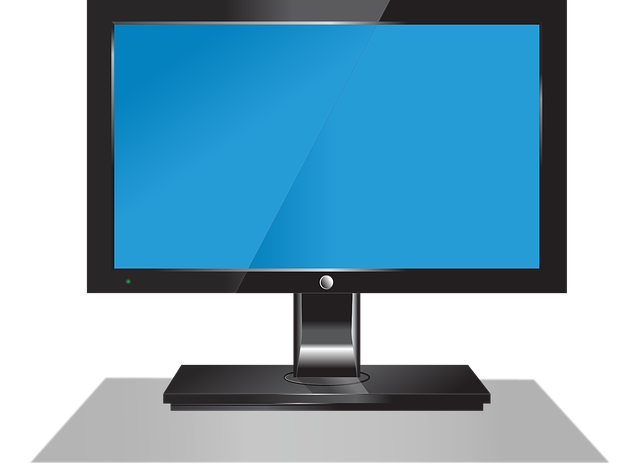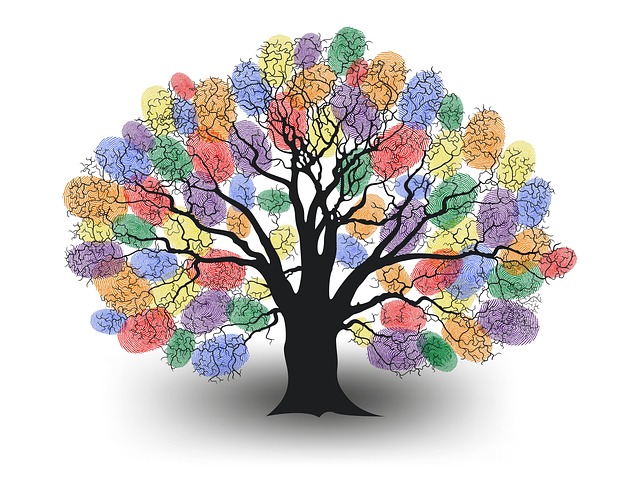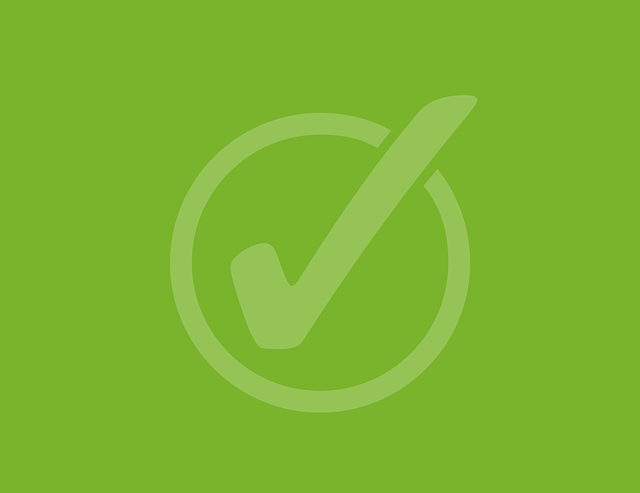Upholding integrity of hospitality worker credentials is vital for maintaining service standards and guest safety. Verifying licenses and certifications ensures competent staff, fosters trust, mitigates risks, and enhances business reputation. Digital age tools streamline verification process, while cross-checking with regulatory bodies confirms credential authenticity. Accurate verification safeguards guests, prevents fraud, and ensures consistent quality service.
In the dynamic hospitality industry, ensuring the integrity of professional licenses and credentials is paramount. Verifying these qualifications not only safeguards guests but also upholds the reputation of establishments. This article delves into the significance of thorough verification processes, offering insights on identifying valid license types, efficient verification methods, and cross-checking with regulatory bodies. We explore common challenges and highlight the transformative impact of accurate hospitality worker credentials verification on guest experiences.
- Understanding the Importance of Credentials Verification
- Identifying Valid License Types in Hospitality Industry
- Efficient Methods for Verifying Professional Credentials
- Cross-Checking with Regulatory Authorities: A Step-by-Step Guide
- Common Challenges and How to Overcome Them
- The Impact of Accurate Verification on Guest Experience
Understanding the Importance of Credentials Verification
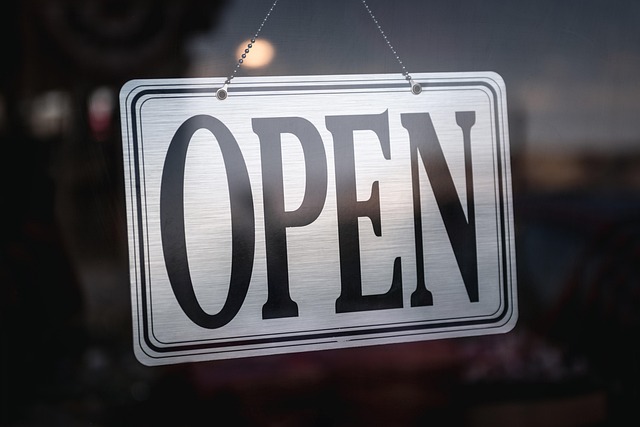
In the dynamic realm of hospitality, ensuring the integrity and authenticity of hospitality worker credentials is paramount for delivering exceptional guest experiences. Verifying licenses and certifications isn’t merely a regulatory requirement; it’s a cornerstone of quality assurance. An untrained or unlicensed staff member can inadvertently lead to subpar service, safety hazards, and damage to the establishment’s reputation.
Proper verification processes safeguard both guests and businesses. For guests, knowing that their interactions with hotel staff meet industry standards provides peace of mind. For hospitality professionals, it offers protection against legal repercussions and ensures they are equipped with the necessary skills to deliver top-tier service. This meticulous verification step is a game-changer in fostering trust, enhancing operational efficiency, and solidifying the reputation of every establishment within the vibrant hospitality landscape.
Identifying Valid License Types in Hospitality Industry

In the hospitality industry, ensuring the validity and authenticity of a professional’s license is paramount for maintaining quality service and guest safety. Identifying valid license types involves recognizing the specific credentials relevant to different roles within the sector. Common license types include food service certifications, such as health and safety permits for culinary professionals, and alcohol service licenses for bartenders and waitstaff. For front-desk staff, proficiency in customer service and property management software is essential, often verified through industry-recognized training programs. Additionally, specialized roles like concierge services or spa therapists require unique certifications to ensure they meet the required standards of care.
Understanding these diverse license types empowers hospitality businesses to conduct thorough checks during hiring processes, confirming that their staff possess the necessary qualifications for their assigned duties. This due diligence not only safeguards guests but also upholds legal and regulatory requirements, mitigating potential risks and ensuring a seamless experience for all patrons.
Efficient Methods for Verifying Professional Credentials
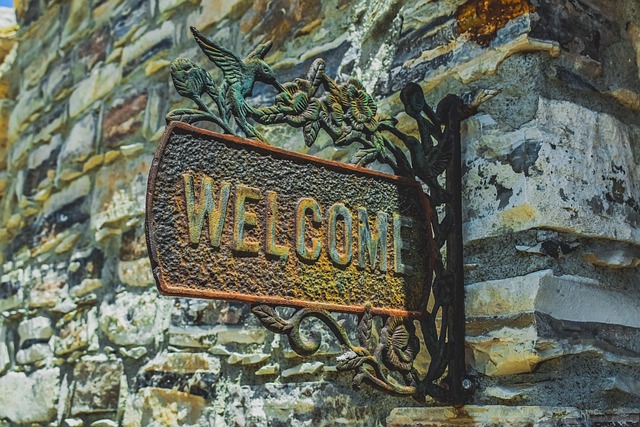
In today’s digital era, verifying hospitality professional credentials has become more accessible and efficient thanks to advanced online verification platforms. These tools enable swift cross-referencing of data against authoritative databases, ensuring the authenticity of certifications and licenses. By integrating automated verification processes, hospitality establishments can streamline their onboarding procedures, reducing the time and resources spent on manual checks.
Efficient methods include utilizing industry-specific databases and digital certification portals, where professionals update and verify their credentials regularly. Additionally, employing data analytics to identify anomalies or inconsistencies in applications can help uncover potential falsifications. Regular updates and collaboration with relevant regulatory bodies further strengthen these verification processes, upholding the integrity of hospitality worker credentials across the industry.
Cross-Checking with Regulatory Authorities: A Step-by-Step Guide
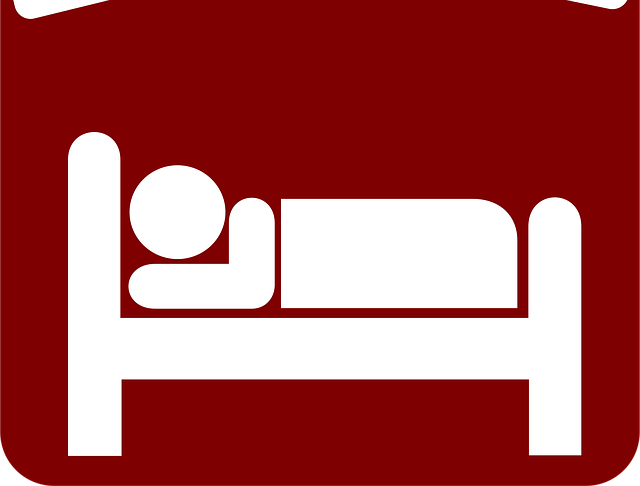
Cross-checking with regulatory authorities is a vital step in verifying hospitality professional licenses and credentials. This process ensures that the certifications presented by applicants or employees are genuine and up-to-date. To perform this cross-check effectively, start by identifying the relevant regulatory bodies responsible for issuing hospitality worker credentials in your region. Each country or state usually has its own governing body or department tasked with licensing and regulating various professions, including hospitality.
Next, gather the necessary information from the applicant or employee, such as their full name, license number, and the type of hospitality service they are authorized to provide. Then, visit the official websites of these regulatory authorities and locate their verification or license lookup tools. Input the provided details and follow the instructions to access the individual’s licensing record. By comparing the displayed information with what was initially presented, you can confirm the authenticity of their credentials. This step-by-step guide ensures a thorough and reliable process for verifying hospitality worker qualifications.
Common Challenges and How to Overcome Them
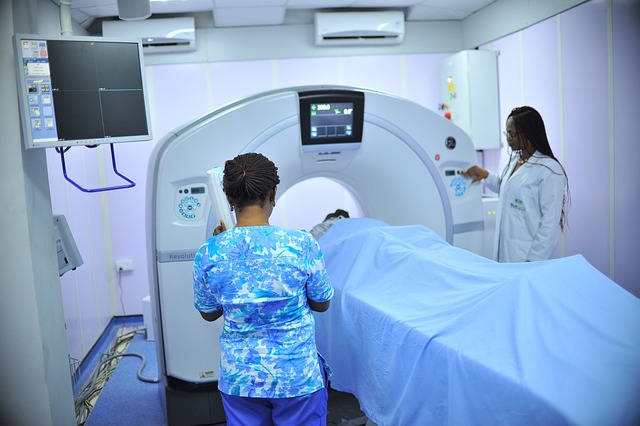
Verifying the credentials of hospitality professionals can be a complex task due to several common challenges. One significant hurdle is keeping up with constantly evolving regulations and licensing requirements across different regions, as these standards vary widely from one jurisdiction to another. To overcome this, establishments should invest in robust internal systems that track license updates and expirations, ensuring compliance at all times.
Another challenge lies in the sheer volume of information needed for verification. Manually cross-referencing credentials against multiple databases can be time-consuming and prone to human error. Implementing digital solutions, such as centralized online platforms or automated verification tools, streamlines this process. These technologies enable quick cross-checks against reliable sources, enhancing accuracy and saving significant time for both employers and hospitality workers.
The Impact of Accurate Verification on Guest Experience

Accurate verification of hospitality professional licenses and credentials is paramount in enhancing guest experiences. When a hotel, resort, or restaurant ensures that its staff members possess valid certifications, guests can rest assured that they are interacting with qualified individuals who meet industry standards. This level of professionalism instills trust and confidence, setting the tone for an enjoyable stay or dining experience.
In the hospitality industry, where customer satisfaction is key, having well-trained and certified workers makes all the difference. Proper verification processes help prevent instances of fraud, illegal employment, or substandard services. It ensures that guests receive consistent quality, safety, and knowledge from every interaction with hotel staff, catering to their needs effectively and addressing any concerns promptly.
